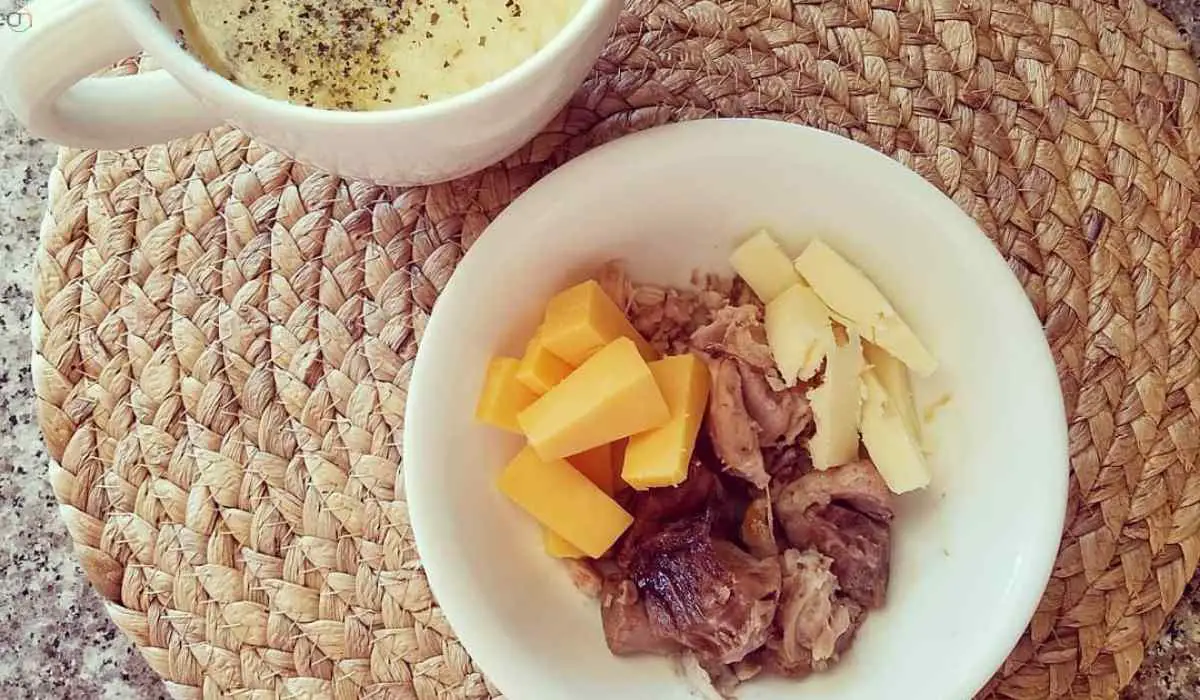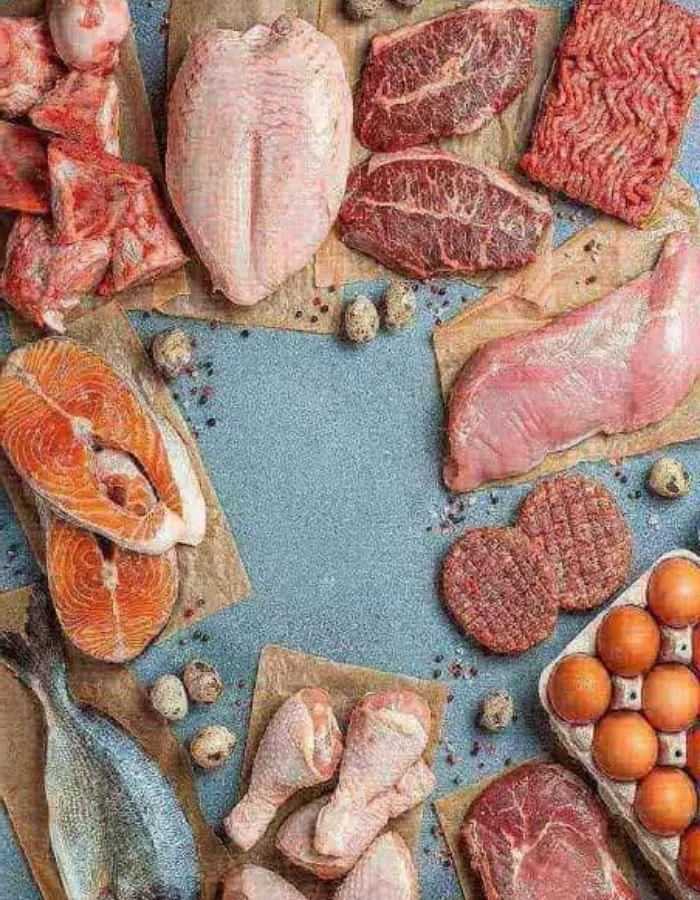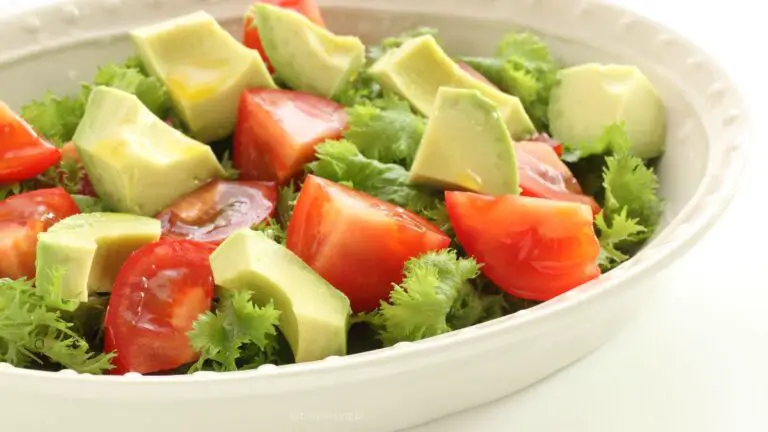6 Zero Carb Foods Categories

Looking to cut carbs but still enjoy tasty, satisfying meals? Zero carb foods are your go-to choice!
These foods contain little to no carbohydrates, making them perfect for anyone following keto, low-carb, or carb-free diets.
If you want to manage weight, control blood sugar, or simply explore new eating habits, zero carb foods can help keep your meals delicious and nutritious without the carb overload.
Let’s dive into what zero carb options are and how you can include them in your daily routine!
Why Go Zero?
Going zero-carb means cutting out nearly all carbohydrates from your diet — including grains, sugar, fruits, and even most vegetables — and instead focusing on foods like meats, eggs, and healthy fats. People are drawn to zero-carb eating for a variety of reasons, including faster weight loss, stable energy levels, and better blood sugar control.
This approach may help reduce cravings, improve mental clarity, and support those with insulin resistance or metabolic issues. Unlike standard low-carb diets, zero-carb is often followed as part of more restrictive eating plans like keto, carnivore, or therapeutic nutrition protocols. While it isn’t for everyone, those who thrive on it often report improved digestion, reduced inflammation, and fewer food-related symptoms overall.
Top Categories of Zero Carb Foods:
If you’re aiming to cut carbs completely, you’ll want to focus on foods that naturally contain zero grams of carbohydrates. Here’s a breakdown of the top food categories to include in a zero-carb diet:
1. Animal Proteins
-
100% carb-free when unprocessed.
-
Includes: beef, lamb, pork, chicken, turkey, and game meats like venison and bison.
2. Seafood
-
Most fish are zero-carb and rich in omega-3s.
-
Includes: salmon, tuna, sardines, mackerel, and cod.
-
Note: Some shellfish like shrimp and crab have trace carbs—read labels if strict.
3. Eggs
-
A versatile and nutrient-dense zero-carb food.
-
Whole eggs and egg whites are both carb-free and ideal for any meal.
4. Fats & Oils
-
Pure fats contain no carbohydrates.
-
Includes: butter, ghee, tallow, lard, and plant-based oils like olive, coconut, and avocado oil.
5. Cheese (Hard & Aged Varieties)
-
While not all cheese is zero-carb, hard and aged types have little to no carbs.
-
Try: parmesan, gouda, cheddar, and swiss.
-
Always check labels for additives.
6. Zero-Carb Beverages
-
Stay hydrated with drinks that won’t kick you out of zero-carb mode.
-
Includes: water (still/sparkling), black coffee, herbal tea, and electrolyte drinks with no added sugars.
Foods That Seem Zero-Carb But Aren’t:
When following a strict Zero Carb Foods, it’s easy to be fooled by foods that look “safe” but contain hidden carbs. Here’s a list of common culprits to watch out for:
1. Processed Meats
-
Items like sausages, deli meats, and bacon often have added sugar or fillers.
-
Always read the ingredients label for hidden carbs.
2. Cheese (Soft or Flavored)
-
Soft cheeses and flavored varieties (like cream cheese spreads or herbed feta) often contain small amounts of lactose and additives.
3. Condiments & Sauces
-
Ketchup, salad dressings, and even some mustards may contain sugar, honey, or corn syrup.
4. Egg Substitutes
-
Liquid egg products may include starches or gums for texture — unlike real, whole eggs which are carb-free.
5. Flavored Drinks
-
Even “zero-calorie” or “diet” drinks can have trace carbs from sweeteners or additives that may affect sensitive individuals.
6. Nuts and Seeds
-
While low in carbs, they’re not zero-carb and can add up quickly if you’re snacking freely.
Tip: Always check nutrition labels and stick to whole, unprocessed foods when in doubt.
Tips for Following a Zero Carb:
Sticking to a zero-carb lifestyle takes intention and awareness, but with the right approach, it can be simple and sustainable. Here are some practical tips to help you succeed:
1. Stick to Whole, Unprocessed Foods
Focus on natural foods like meat, fish, eggs, and pure fats. These are the easiest way to ensure you’re not accidentally consuming hidden carbs.
2. Read Labels Carefully
Packaged products—even ones labeled “low-carb”—may contain small amounts of sugar, starches, or additives. Always check for hidden ingredients.
3. Stay Hydrated and Replenish Electrolytes
A zero-carb diet can lead to a drop in sodium, potassium, and magnesium. Drink water and consider bone broth or electrolyte supplements to stay balanced.
4. Keep Meals Simple
Build meals around easy staples like grilled meat, boiled eggs, or pan-seared fish. Simplicity makes consistency easier.
5. Plan Ahead
Meal prep and snacks like hard-boiled eggs, jerky (no sugar), or cheese can help you avoid carb-heavy temptations.
6. Track Your Progress
Use a food diary or app to log what you eat. This helps ensure you’re staying truly zero-carb and lets you identify any carb sneak-ins.
Is Zero Carb Right for Everyone?
The Zero Carb Foods can offer impressive benefits like reduced cravings, weight loss, and stable energy — but it’s not ideal for everyone.
Some people thrive on a no-carb approach, especially those with insulin resistance, certain autoimmune conditions, or those following a carnivore lifestyle. However, others may experience fatigue, digestive issues, or nutrient imbalances if they remove all carbs long-term.
It’s especially important for individuals with kidney issues, thyroid conditions, or high activity levels to consult a healthcare provider first. Carbs also play a key role in hormone regulation, so women may need a more balanced approach.
Bottom Line: Zero-carb may work great for some, but a personalized approach is best. Always listen to your body — and talk to a doctor or nutritionist before making big dietary changes.
Key Take Away:
A zero carb foods focuses on eliminating all carbohydrates to promote fat burning, mental clarity, and metabolic health. While it can deliver benefits for some, it requires careful planning, label reading, and attention to nutrient balance. It’s not one-size-fits-all, so always consider your body’s needs — and consult a professional if unsure.
Pin this guide on Pinterest, save it for later, and share it with someone curious about going zero-carb!
Read Next: 20 Kidney Friendly Foods
FAQs:
1. Can I eat dairy on a zero-carb diet?
Only certain dairy products like hard cheeses and heavy cream — many others contain lactose (milk sugar), which adds carbs.
2. Is coffee allowed?
Yes! Black coffee is zero-carb. Skip sweeteners, or use only zero-carb, sugar-free options in moderation.
3. What can I snack on?
Zero-carb snacks include boiled eggs, sugar-free jerky, pork rinds, and meats like cold cuts (check for additives).
4. Do I need to track calories on zero-carb?
Not necessarily. Many people naturally eat fewer calories due to satiety, but tracking can help if weight loss stalls.
5. Will I get enough fiber without carbs?
You may not — which is why zero-carb is usually short-term. If you go longer, consider a carnivore-friendly fiber strategy or consult a dietitian.
6. Can I work out on a zero-carb diet?
Yes, but performance may dip initially. Your body needs time to adapt to burning fat (ketones) for fuel.






